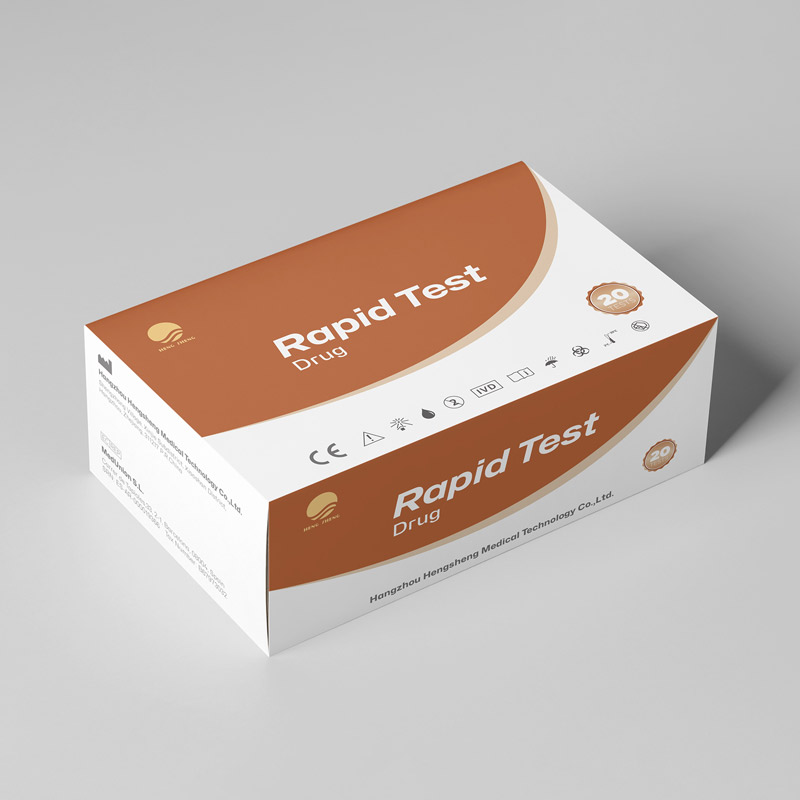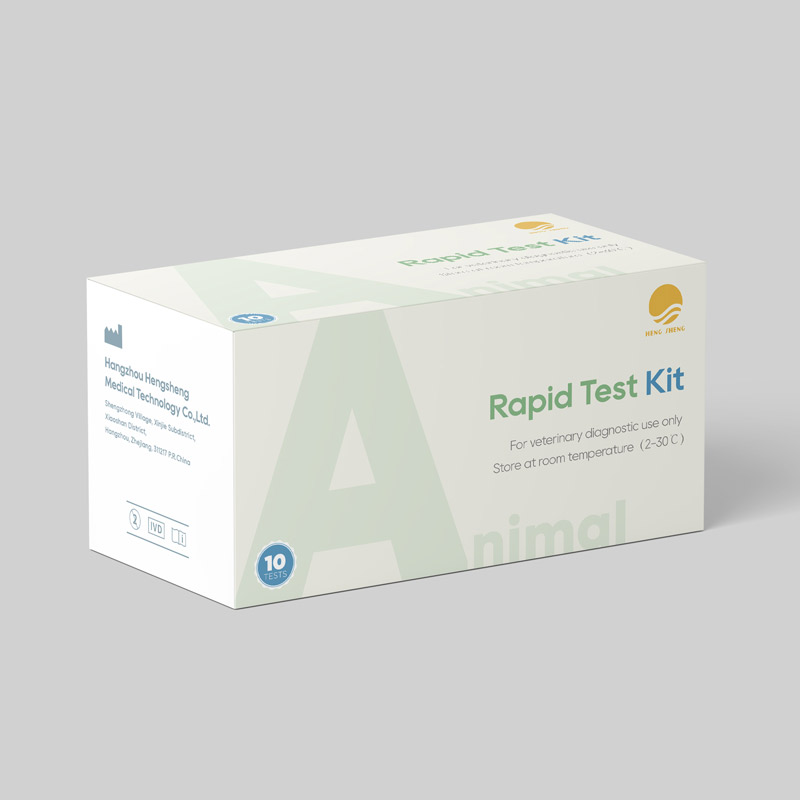Get direct access to the knowledge, wisdom, advice and practical information on healthy aging from Mayo Clinic, one of the world’s foremost health authorities.
Get direct access to the knowledge, wisdom, advice and practical information on healthy aging from Mayo Clinic, one of the world’s foremost health authorities. Rapid Lab Tests

Get direct access to the knowledge, wisdom, advice and practical information on healthy aging from Mayo Clinic, one of the world’s foremost health authorities.
Free standard shipping is valid on orders of $45 or more (after promotions and discounts are applied, regular shipping rates do not qualify as part of the $45 or more) shipped to US addresses only. Not valid on previous purchases or when combined with any other promotional offers.
Home / Cancer / Promising blood test could detect 50 kinds of cancer
Cancer screenings are usually done one at a time. You might get a mammogram, a pap test and a skin check. They’re different tests done on different days by different healthcare professionals with different copayments. But a new and promising test has the potential to find 50 types of cancer with just one blood draw.
Cancer cells shed little bits of DNA, called circulating tumor DNA, into your bloodstream. So multicancer early detection (MCED) tests, which also are known as liquid biopsies, can detect these bits of DNA with a blood test. It’s possible that your healthcare team will even know where in your body the cancer started based on the test results. If the MCED test comes back positive, you will probably need additional tests to find out more about the cancer so it can be treated.
These new tests are exciting because they could find cancers earlier when they tend to be easier to treat. Since most cancers don’t have regular screening tests, many cancers are quite advanced when detected. You might not have any symptoms at all in the early stages of cancer. Symptoms develop when the cancer has progressed and is harder to treat.
MCED tests are not perfect and do not detect all forms of cancer. The tests aren’t currently meant to replace recommended screenings, such as mammograms and colonoscopies. The tests are still in the research phase. But they also are available in clinics for limited purposes. They are not a part of routine care yet.
Here are the answers to some common questions about blood tests to detect cancer.
The most widely used MCED test is called Galleri. The Food and Drug Administration (FDA) has not approved Galleri — or any other tests like it. But the Galleri test is being used for limited purposes in the United States.
The test is available with a prescription from a doctor. GRAIL, the company that makes Galleri, is offering it on its website. To get the test, customers must have a telehealth evaluation with a healthcare provider and pay $949.
The Galleri test is still being researched. While it appears promising and excitement is high in the medical community, we still don’t know exactly how accurate it is. A large study is taking place in the United Kingdom. Preliminary data found that Galleri detected more than 50 types of cancer, even at early stages, with a false positive rate of less than 1%. A false positive result occurs when the test is abnormal, but you may not have a cancer.
It’s likely that the test’s accuracy rate will vary for different kinds of cancer. This is the type of question that trials are attempting to answer.
According to Galleri.com, the test can detect dozens of cancers, including:
A negative finding on the test does not mean you don’t have cancer, though. The test cannot detect all forms of cancer.
The FDA has not approved Galleri or any similar tests yet. The American Cancer Society says more questions must be answered before they can recommend the tests.
Right now, the Galleri test is available with a prescription from a healthcare professional only. It is intended for people over age 50 with a higher-than-average risk of cancer. The test should be taken only under the direction of a healthcare professional who can interpret the results and determine next steps for care if the test comes back positive.
Because the test is not fully approved, most health insurance companies will not pay for it. The test costs $949. As a patient you may be responsible for the blood studies and the imaging needed to follow up on any findings.
It’s too soon to say if Galleri or similar tests could become standard in the primary care provider’s office or if they could even replace other cancer screenings. Experts also don’t know yet how often you’d need to be tested.
Medical researchers and healthcare professionals continue to watch the results of studies carefully. Talk to your healthcare team about the cancer screenings that would be most helpful to you.
A practical and extensive resource guide for women who want to understand and take charge of their own health and healthcare, presented in short, focused, easy-to-read chapters.
Discover more Cancer content from articles, podcasts, to videos.
From Mayo Clinic to your inbox
Sign up for free, and stay up to date on research advancements, health tips and more!
To provide you with the most relevant and helpful information, and understand which information is beneficial, we may combine your email and website usage information with other information we have about you. If you are a Mayo Clinic patient, this could include protected health information. If we combine this information with your protected health information, we will treat all of that information as protected health information and will only use or disclose that information as set forth in our notice of privacy practices. You may opt-out of email communications at any time by clicking on the unsubscribe link in the e-mail.
Mayo Clinic Press 200 First Street, SW Rochester, MN 55905, USA
© 1998-2024 Mayo Foundation for Medical Education and Research (MFMER). All Rights Reserved.

Infectious Disease Test We've made some updates to our Privacy Policy. Please take a moment to review.